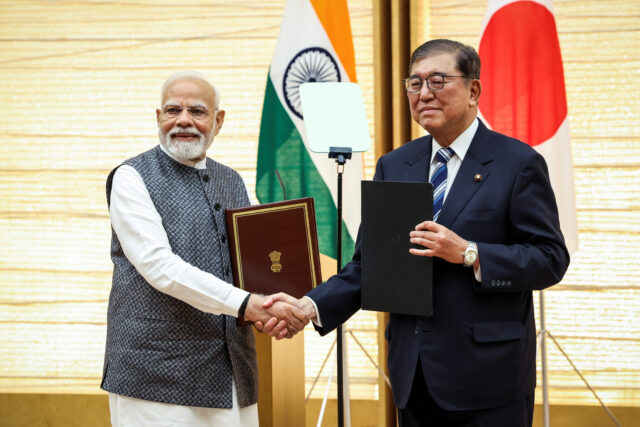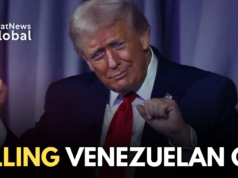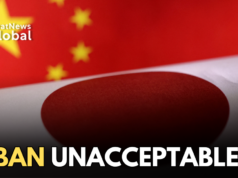
Prime Minister Modi has called for India and Japan to design and produce the “next generation of defence platforms, not just for ourselves but for the world.”
In written responses to questions posed by the leading Japanese newspaper Yomiuri Shimbun, he said a Joint Declaration on Security Cooperation will be adopted during his visit. This will help military modernisation and defence industry collaboration.
Lauding the work of the Quad, Modi said “We greatly value Japan’s role in strengthening the Quad’s agenda … we can continue to deliver practical solutions and tangible outcomes that benefit not only our region but the wider world.”
He said there was “strong convergence” between Japan’s version of a Free & Open Indo-Pacific and India’s own approach. Both countries have strong linkages with countries in the Indo-Pacific region and we engage with them in some plurilateral formats.”
He described economic cooperation as the key pillar of the Special Strategic & Global Partnership and noted that Japan is not only a major source of FDI in sectors like electronics and automobiles, but 1,500 Japanese firms are now in India, and 400 Indian firms in Japan.
He was particularly enthusiastic about India’s rapidly growing semiconductor industry, noting that the first Made in India chips would roll off the assembly line later this year. He proposed “combining India’s scale and capabilities with Japan’s advanced technologies … to build a resilient and trusted semiconductor value chain.”
In the space sector, Modi appreciated the cooperation between the two countries on the Lunar Polar Exploration Mission, that will help further understanding of the permanently shadowed regions of the Lunar South Pole. He said it was creating an ecosystem with innovation flows in both directions.
He praised Japan’s role in helping India build its own high speed rail network, noting that his government was working on a plan for 7000-km of high speed railway and urged Japanese firms to take part in its design, development and construction.
He regretted that “Trade has not yet reached the levels envisaged under the CEPA (Comprehensive Economic Partnership Agreement)”, and urged that the trade basket by diversified to make it more balanced.
On China, which is his next port of call, he called for “stable, amicable and predictable” bilateral relations that can have a positive impact on global and regional peace. “This is crucial for a multipolar Asia and a multipolar world.”
Thirty eight years in journalism, widely travelled, history buff with a preference for Old Monk Rum. Current interest/focus spans China, Technology and Trade. Recent reads: Steven Colls Directorate S and Alexander Frater's Chasing the Monsoon. Netflix/Prime video junkie. Loves animal videos on Facebook. Reluctant tweeter.




